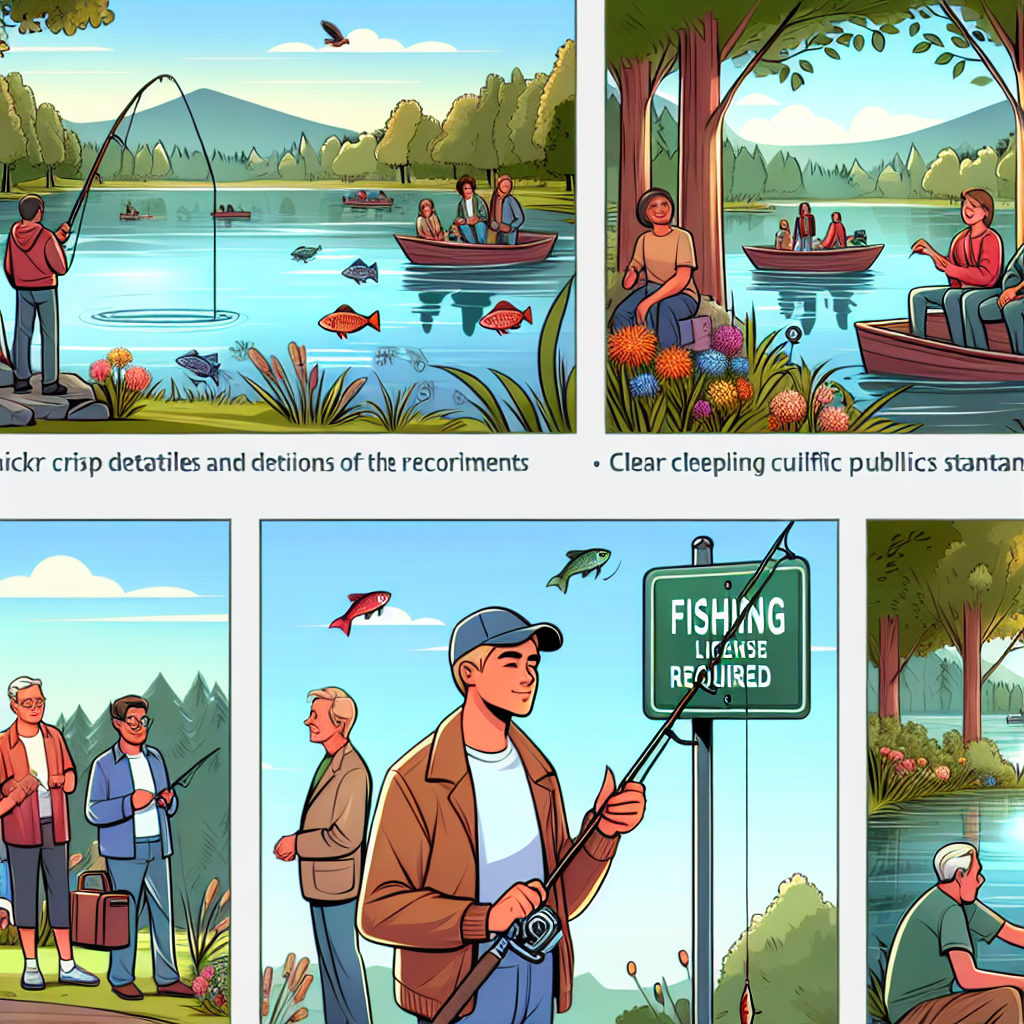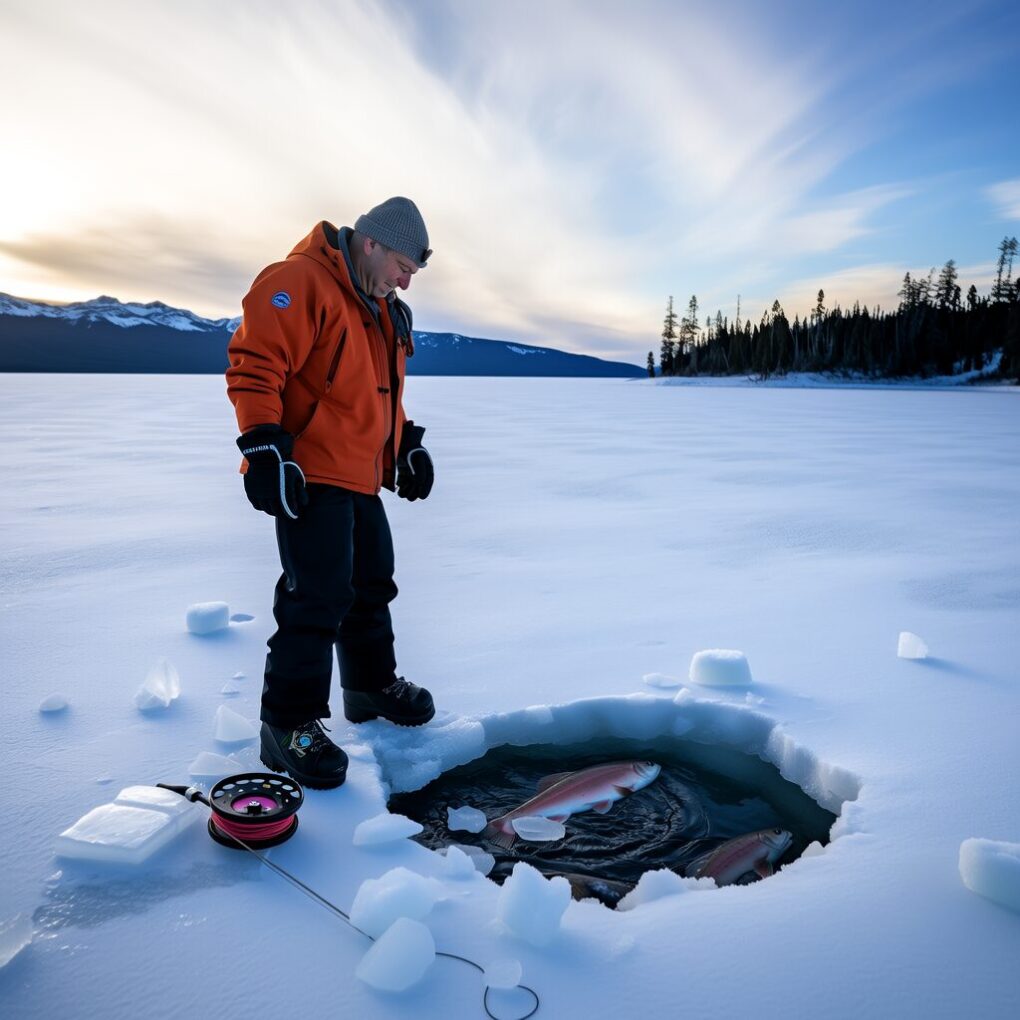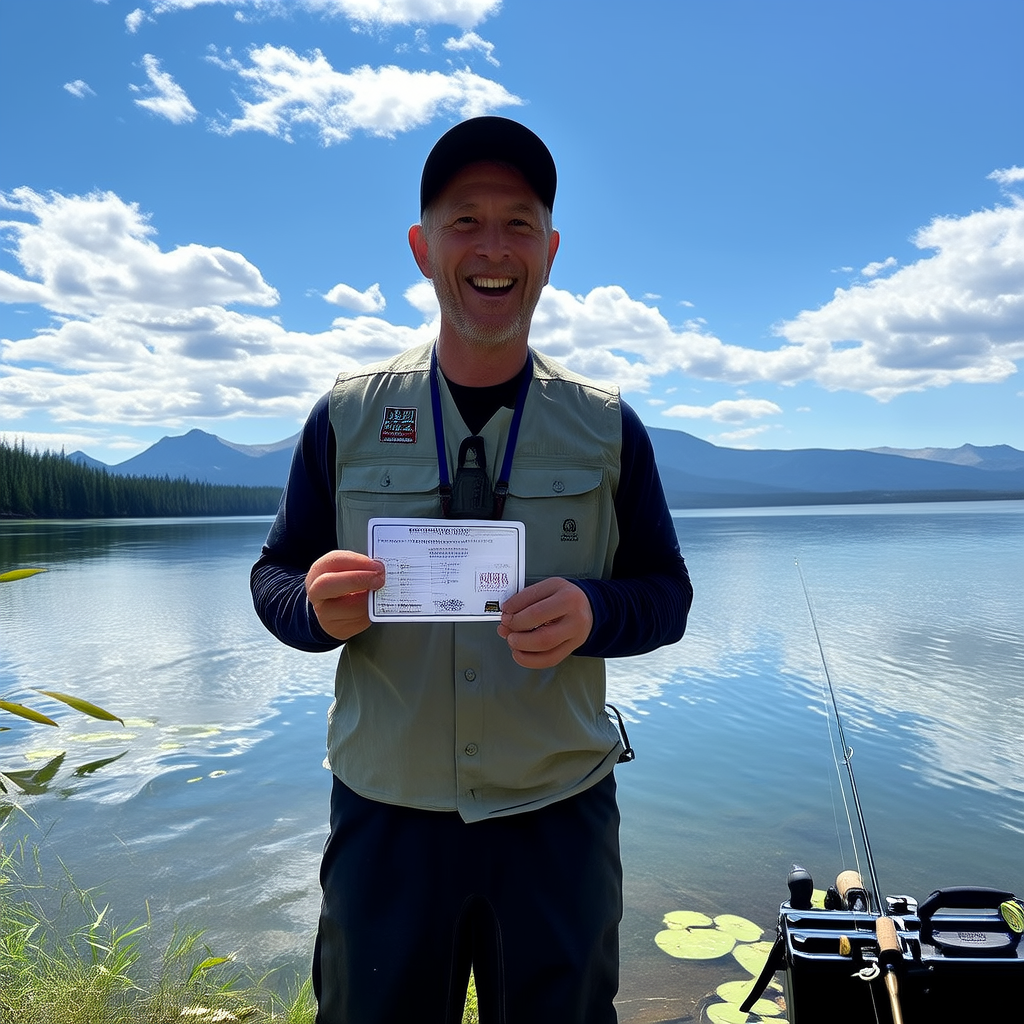It’s important to understand when you require a fishing permit before heading out on a day of fishing. The fishing regulations vary depending on the location, type of fish, and whether or not you are fishing freshwater or in saltwater. This guide will give you all the information needed to determine if you need a license.
Types of fishing licenses
Freshwater fishing and saltwater fishing are the two main types of licenses. Freshwater fishing licences are required to fish in lakes, rivers and streams. Saltwater fishing permits are needed for fishing on the ocean or in coastal waters.
When do you need a freshwater fishing license?
You will need a freshwater license if you plan to fish in bodies of freshwater such as rivers, lakes, or streams. These licenses are usually required by anglers 16 years and older. You may need a permit to fish in certain areas or for certain species.
Types of freshwater fish that require a license
Freshwater fish such as trout, catfish, bass and panfish are all types that require a licence. These fish are usually regulated in order to ensure sustainable fishing and conservation of fish populations.
When do you need a saltwater fishing license?
You will need a saltwater license if you plan to fish in oceans or coastal waters. These licenses are only required for anglers 16 and older, and are regulated both by state and federal agencies.
Saltwater Fish that Requires a License
Snapper, grouper tuna and mahi-mahi are some of the most common saltwater fish types that require a fishing license. These fish are often subjected to size and bag restrictions to protect the fish population.
When do you need a special fishing license?
Some states require special licenses in addition to saltwater and freshwater fishing licenses. If you plan to fish for migratory species like marlin and swordfish, then you may need a special permit.
Requirements to obtain a fishing license
You will need to meet some requirements before you can get a fishing licence. You may need to provide proof of residency or complete a fishing course. Some states require you to pass an exam to test your fishing knowledge.
Age requirements for fishing licenses
State-by-state, the age requirements for fishing permits can vary. Anglers 16 years and older must have a fishing permit in most states. Some states offer discounts or free licenses to senior citizens and veterans.
Anglers are exempted from the need for a fishing licence in certain circumstances. You may not need a fishing license if you’re fishing on private land or as part of a guided trip. It’s important to confirm that you are exempt by checking your state’s regulations.
Fishing licenses can be issued for a certain period of time, such as a year or a day. Some states offer temporary licenses to visitors or anglers from out of state. Check the expiration date on your license to make sure you are fishing legally.
Fishing without a fishing license can lead to serious penalties. These include fines, suspension of licenses, or even criminal charges. Before you go fishing, it’s important that you are familiar with the local fishing regulations and have the correct license.
Online, in a local fishing shop, or through a wildlife office, you can usually obtain a fishing license. Some states offer mobile apps to check regulations and purchase licenses. When purchasing your fishing license, be sure to have your ID and payment method available.
If you’re a nonresident angler who plans to fish in another state, you’ll likely need to get a nonresident fishing license. These licenses can be more expensive and have different regulations than resident licenses. You should research the fishing regulations of the state where you intend to fish.
You may also need to get additional permits or endorsements in order to fish for certain species. You may need a permit if you plan to fish for salmon, sturgeon or other species. Some states require a saltwater or freshwater endorsement in certain areas.
You may still need to have a fishing licence if you plan to practice catch-and-release fishing. Some states require anglers have a fishing license even if the fish are not kept. Check the local regulations to make sure you are fishing legally.
Obtaining a license to fish helps fund conservation efforts, and supports environmental initiatives. The fees collected from fishing licenses can be used to maintain fish populations and improve habitats. By purchasing a license for fishing, you contribute to the sustainability of this sport.
A fishing license will allow you to fish legally and ethically. It also helps to protect fish populations and habitats for future generation. By adhering to fishing regulations and obtaining a license, you help preserve the environment and ensure long-term sustainability.
Remember to renew your fishing permit before it expires. Some states offer automatic renewal, while others require you to reapply every year. Check the expiration date on your license to avoid fishing illegally.
You may need a separate endorsement or permit if you plan to participate in special fishing events or tournaments. These events may have different regulations than regular fishing regulations, including size limits or catch quotas. Check the requirements of the event before you participate.
A fishing license is a great way to support your local fishing community. The fees collected from fishing licenses can be used to fund fishing initiatives, conservation programs, and educational programmes. By obtaining a license, you contribute to the health and sustainability your local fishing environment.
Some states offer educational and outreach programs to help anglers learn more about fishing laws, conservation practices, or fish identification. You can improve your fishing abilities and become a responsible angler by participating in these programs. For more information about the programs available, contact your state’s Fish and Wildlife agency.
Anglers can volunteer in many states to help with conservation projects and environmental cleanup efforts. You can help the fishing community by participating in these programs. Consider volunteering to help maintain the health and sustainability our waterways.
Reporting violations of fishing regulations and illegal fishing activities is important. Reporting violations can help protect fish populations, and ensure the sustainability of this sport. Do your part as a responsible angler to enforce fishing regulations in your locality.
It’s important to be aware of any updates or changes in fishing regulations. Sign up for email updates from your state’s Fish and Wildlife agency or follow them on Facebook for the latest news. Staying informed will help you to ensure that you are fishing ethically and legally.
Anglers must know when they need a fishing permit. Understanding the requirements to obtain a fishing licence will allow you to enjoy the sport of fish while supporting conservation and environmental initiatives. Check the regulations in your region, get the right license, and fish responsibly.




